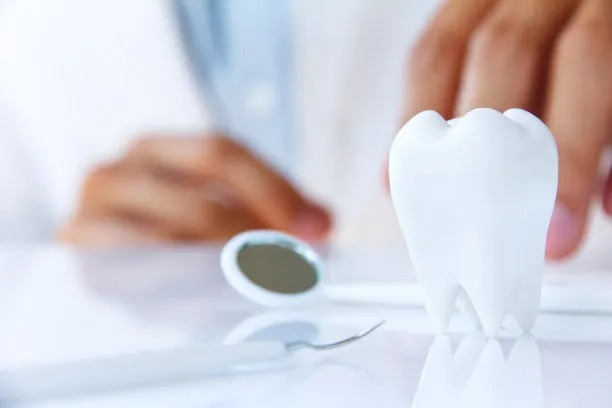The Revolutionary Impact of Dental Implants on Modern Dentistry and Patient Quality of Life Improvement
Summary: Dental implants have transformed modern dentistry by providing a permanent solution for tooth loss. This article explores the revolutionary impact of dental implants on enhancing patient experiences, improving oral health, boosting self-confidence, and providing long-term financial savings. Each aspect highlights the profound changes that dental implants have brought to not only the field of dentistry but also to patients quality of life, allowing them to regain normal functionality and enhance their overall wellbeing. Through a detailed exploration of these benefits, the article emphasizes why dental implants are often considered the gold standard in restorative dentistry.
1. Enhancement of Patient Experiences

The adoption of dental implants has fundamentally changed how dental professionals approach tooth restoration. Unlike traditional methods such as bridges and dentures, which can often lead to discomfort and require regular maintenance, dental implants offer a more stable and long-lasting solution. Patients frequently report a higher satisfaction rate with the comfort and functionality provided by implants.
Furthermore, the surgical techniques employed in dental implantology have advanced considerably. Innovations such as guided implant surgery allow for more precise placement, reducing the risk of complications and speeding up recovery times. Patients can now expect a smoother, more confident experience from consultation through to post-operative care.
Additionally, the incorporation of digital technologies, like 3D imaging, has streamlined the treatment planning process. This not only enhances the surgical experience for patients but also allows for customization tailored specifically to individual anatomical needs, making the process significantly more effective.
2. Improvement in Oral Health
Dental implants not only replace missing teeth but also play a crucial role in preserving oral health. One of the major issues associated with tooth loss is bone resorption—when the jawbone deteriorates due to lack of stimulation. Implants, by mimicking the root structure of natural teeth, provide the necessary stimulation to the bone and help maintain its density.
Moreover, dental implants facilitate better oral hygiene practices. Unlike dentures, which can harbor bacteria and require special cleaning solutions, implants can be cared for just like natural teeth. Patients are encouraged to maintain regular brushing and flossing routines, significantly reducing the risk of oral diseases.
This focus on oral health protection not only contributes to immediate well-being but also reduces the future need for extensive dental treatments. Therefore, the preventative aspect of dental implants underscores their critical role in overall dental care and health preservation.
3. Boosting Self-Confidence and Aesthetics
The impact of dental implants on self-esteem and personal appearance cannot be overstated. For many individuals, tooth loss can lead to embarrassment and social withdrawal. Dental implants restore not only the functionality of teeth but also their appearance, allowing patients to smile with confidence once again.
This regained confidence has profound implications for social interaction and professional relationships. Studies have shown that individuals with a strong smile are often perceived as more attractive and approachable, improving their overall quality of life. Patients frequently share testimonials about how their lives transformed after receiving implants, attributing newfound confidence and social ease to their restored smile.
Additionally, the aesthetic benefits of dental implants are designed to mimic the natural appearance of teeth closely. With advancements in materials and techniques, modern implants can be customized to match the color, shape, and alignment of surrounding natural teeth, resulting in a seamless and beautiful outcome.
4. Long-Term Financial Savings
While the initial cost of dental implants may seem high, a closer examination reveals significant long-term savings compared to other restorative options. Traditional dentures and bridges often require replacement or extensive repairs over the years, leading to recurrent costs that add up over time. Conversely, dental implants are designed to last a lifetime with proper care, minimizing future expenses.
Moreover, their ability to preserve jawbone health means that patients can avoid potential complications related to bone loss, such as the need for bone grafts or other surgical interventions. Thus, from a financial perspective, opting for dental implants can be more economical in the long run.
Additionally, the improved functionality and comfort provided by implants can lead to fewer missed workdays and fewer visits to the dentist for ongoing problems—further contributing to the financial benefits associated with this restorative solution.
Summary:
The revolutionary impact of dental implants on modern dentistry is profoundly significant, enhancing patient experiences, improving oral health, boosting self-confidence, and providing long-term cost savings. As dental technology continues to evolve, implants represent a quality investment in both health and wellbeing for individuals experiencing tooth loss.
This article is compiled by Vickong Dental and the content is for reference only.


